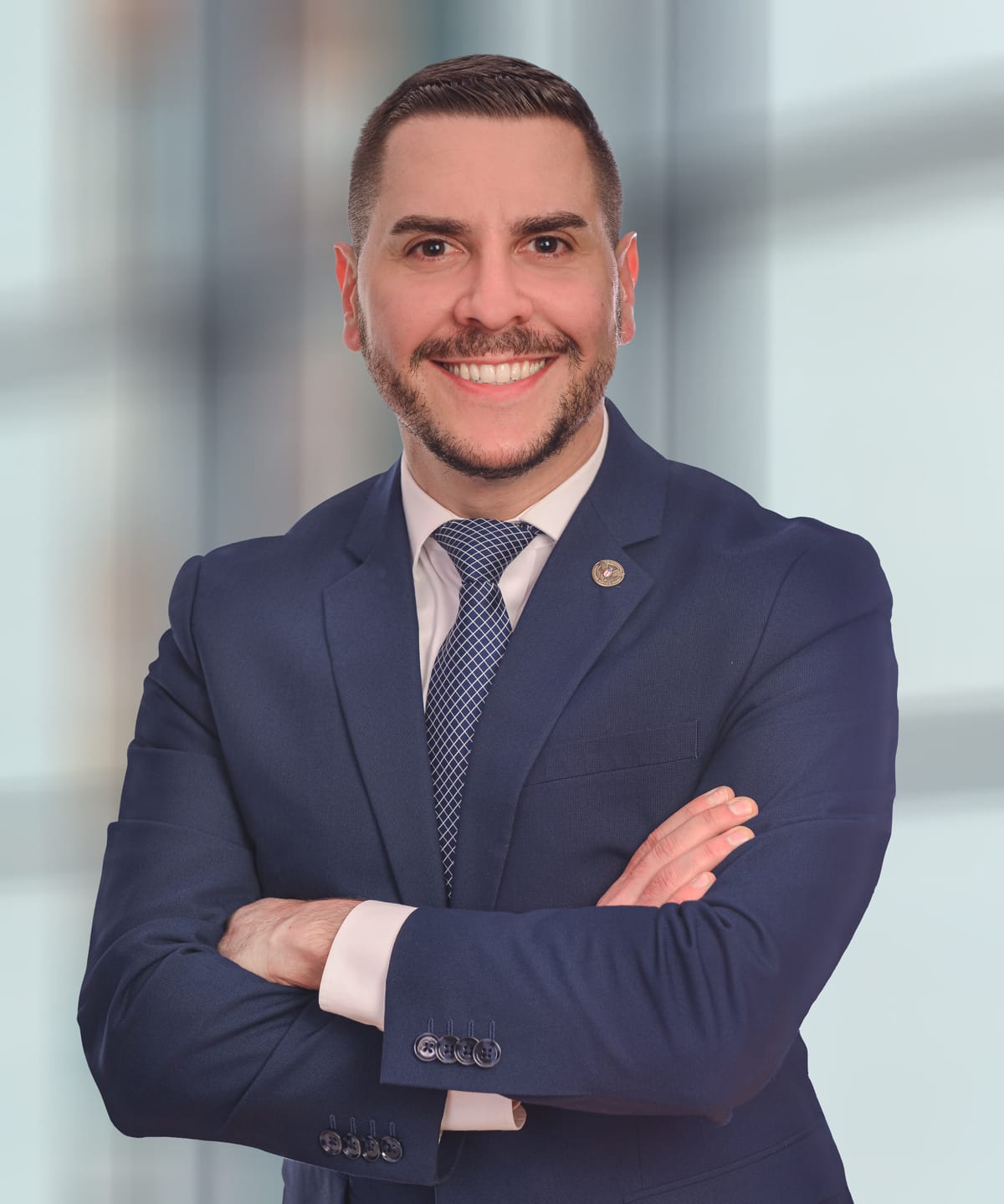Billable hours, meet purposeful ones
How lawyers are redefining success by building service into their workdays, one small act at a time

Start small. That’s the advice Robert Holup, a litigator and estate planning attorney at Riker Danzig LLP, gives other attorneys who wish they could do more pro bono work. Holup says you don’t have to save the world to make a difference. We sat down with the Morristown, New Jersey-based lawyer to find out how he makes time to make a difference.
—Interview by Emily Kelchen, edited by Bianca Prieto
You stand out on LinkedIn as someone who posts just as much about volunteer opportunities as you do your professional accomplishments. It’s clear you manage a heavy caseload, but also seem to have time for a lot of pro bono work. How do you balance these two priorities?
The misconception that volunteering has to be a major, ongoing commitment is one of the biggest barriers. In reality, service is scalable, and small acts still count.
Once you start volunteering, you will find yourself looking for the next opportunity before you know it. The benefits for you, your career and your community are simply too compelling to ignore.
What advice would you give to lawyers who want to do more pro bono work but feel they don’t have the bandwidth?
My main advice is that you do not need to do everything; you just need to do something.
The best volunteer experiences align with your interests, values, and schedule. Pick causes you care about (food insecurity, legal aid, veterans, animals) and match the time commitment to your schedule.
Prioritize participation over perfection. Get out there and do something! Join the email list of a cause you care about, track upcoming volunteer events, and schedule one. What gets calendared gets done.
For legal pro bono projects, most legal services organizations provide training, forms, mentorship, and/or supervision – no one starts from scratch. Do not worry about having to figure everything out alone.
The mindset shift is from “I don’t have time” to “I can make time in meaningful, bite-size ways.”
I think “meaningful” is the keyword there.
For the people I’m helping for sure, but also for me. I was drawn to pro bono because it reconnects me with the core reason many of us chose law: helping people. That purpose can get buried under adversarial practice and billable pressure; a few hours of service reignite it.
I stay committed because service functions as an intentional reset. For me, it reduces stress, restores perspective, and builds skills. Shifting from document review to directly helping someone (even simple tasks like unloading crates, greeting families, or swinging a hammer) delivers immediate impact and renews motivation for my day job.
It shifts focus from problems I am paid to solve to challenges I choose to take on because they matter on a different level. This shift helps restore a sense of purpose that is easy to lose in the day-to-day demands of the profession. I view service outside the office as not just an act of charity and responsibility of attorneys, but a crucial tool for personal renewal and professional growth.
What do you think firms could do better to integrate pro bono into their culture?
Firms integrate pro bono best when they give it real ownership, real incentives, and real ease of participation. Start by designating a point person at the firm and give them actual authority, a budget, and clear metrics like participation rates, hours, and matter outcomes.
Make sure incentives match the rhetoric. Count 50–100 pro bono hours toward annual billables and bonus thresholds; give partners origination/management credit for supervising pro bono teams; and bake sustained pro bono into promotion and evaluation criteria. Then remove friction: invite legal-services organizations to deliver CLEs in-house and get lawyers on those organizations’ listservs so opportunities land in their inboxes.
The same structure works for non-legal services. Encourage lawyers and staff to organize donation drives and hands-on events with local charities, and plan them year-round. Volunteerism often drops off after the holidays, so build a cadence of quarterly service days or clinics to keep momentum. When ownership, incentives, training, and easy on-ramps align, pro bono stops being an extracurricular and becomes part of the firm’s culture and calendar.

You're all caught up!
Thanks for reading today's edition! You can reach the newsletter team at raisethebar@mynewsletter.co. We enjoy hearing from you.
Interested in advertising? Email us at newslettersales@mvfglobal.com
Was this email forwarded to you? Sign up here to get this newsletter every week.
Raise the Bar is written and curated by Emily Kelchen and edited by Bianca Prieto.




Comments ()